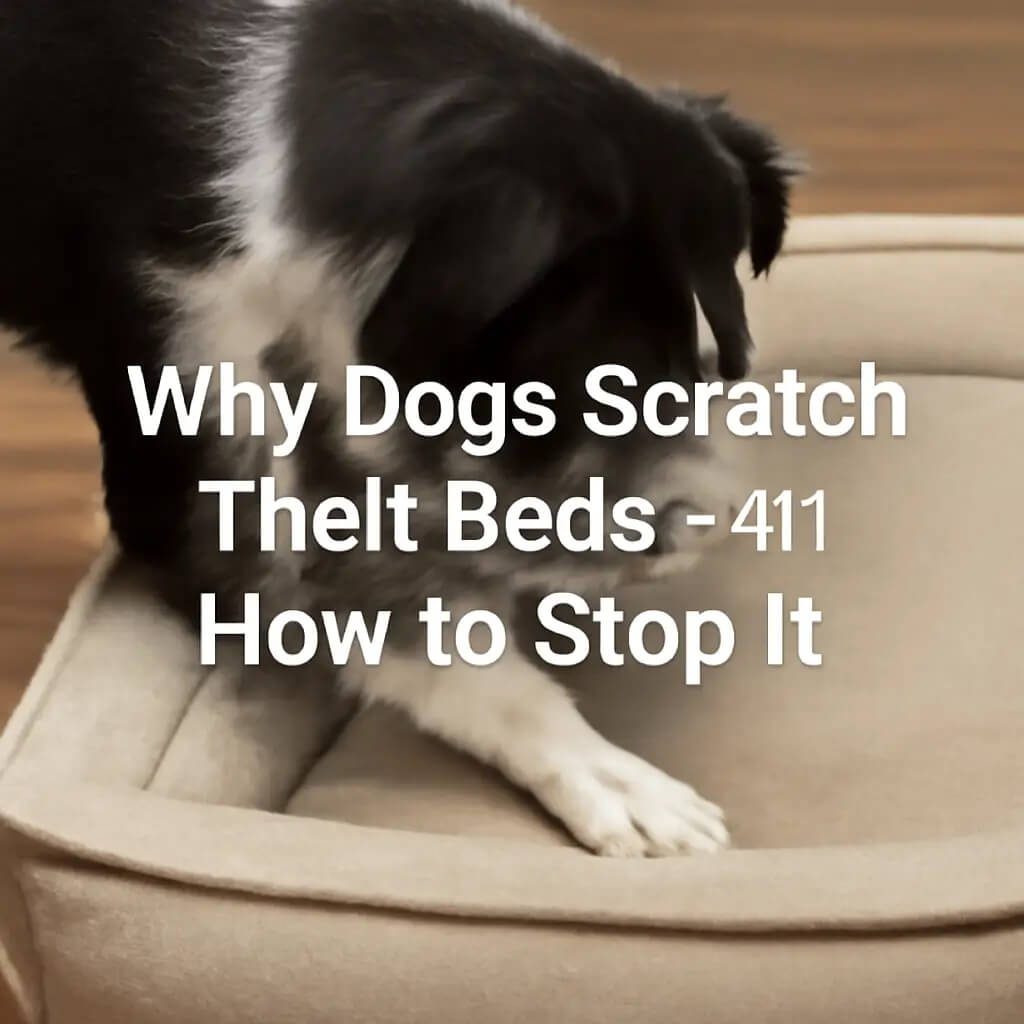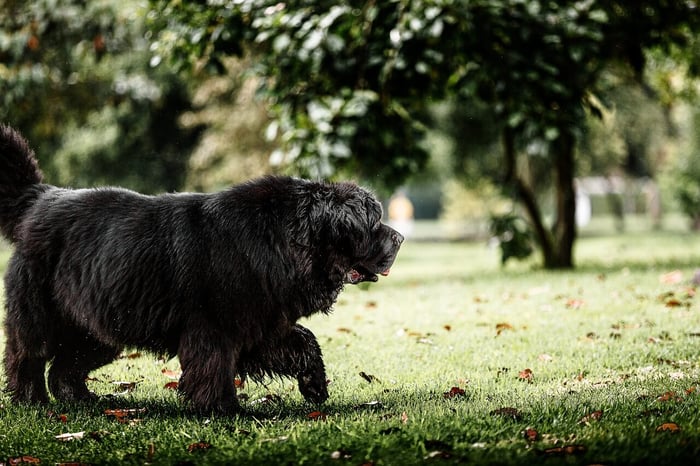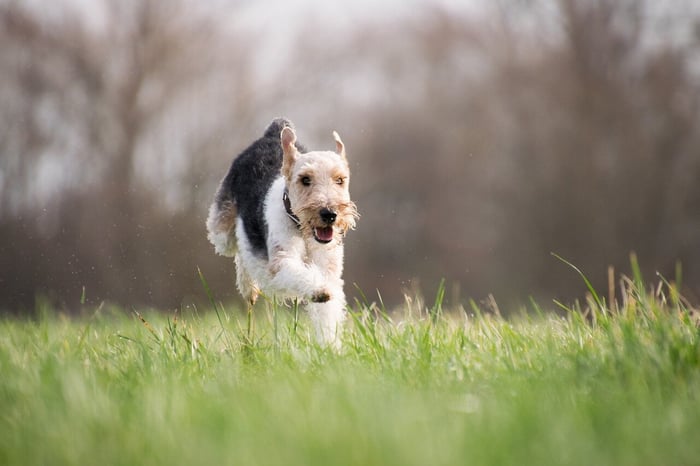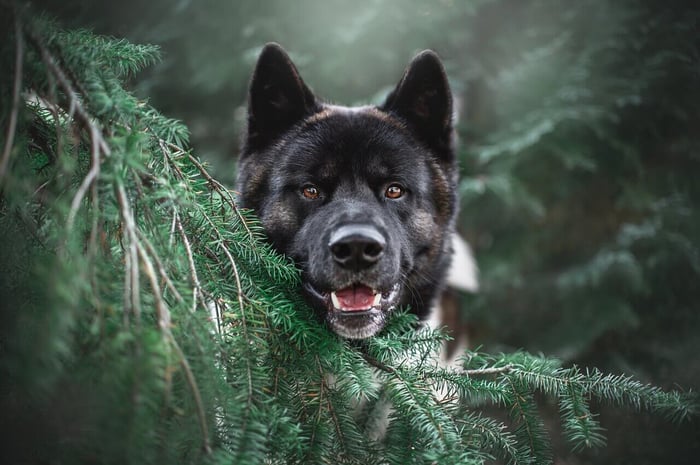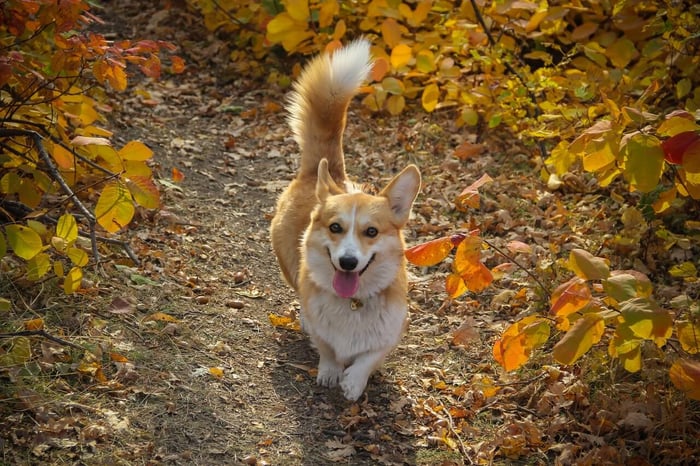You’re enjoying a lovely stroll with your furry friend in the park, and suddenly, they’re nibbling on that patch of fresh green grass. If you're anything like me, you’ve probably scratched your head and wondered, “What's up with that?” Most of us have seen this quintessential canine quirk but deciphering the reason behind our pup's penchant for pasture is no walk in the park.
A Glimpse into Canine Ancestry
To understand our domesticated darlings, we've got to take a little trip back in time. Picture the vast landscapes of the wild, where the ancestors of our modern-day dogs roamed. These wild ancestors were opportunistic feeders, often consuming whatever they could get their paws on. While primarily carnivorous, they didn’t shy away from the occasional plant-based snack. This was particularly true when meat was scarce.
And here’s where it gets intriguing. Some experts suggest that eating grass and other foliage was a way for these ancestors to access trace nutrients or minerals that might have been lacking in their primarily meat-based diet. In this light, could it be that our beloved pups are simply following the path paved by their ancestors?

Theories Galore
The Nutrient Hunt
One popular theory suggests dogs munch on grass as a way to address certain nutritional deficiencies. Maybe they’re after a bit of extra fiber or trying to induce vomiting to relieve an upset stomach. It’s like their version of us turning to a bowl of chicken soup when we’re feeling under the weather.
But while this theory is fascinating, the truth is, that most commercial dog foods today are well-balanced and chock-full of the nutrients our pets need. So, while it might have been valid for their wild ancestors, it seems a bit less plausible for our pampered pooches.
The Digestive Dance
Just like that comforting bowl of porridge or that fizzy ginger ale can sometimes set our tummies right, some dogs might resort to grass for a touch of digestive relief. There’s a theory floating around that grass can help induce vomiting, particularly when our pups have eaten something they shouldn't have.
Yet, many doggo grass connoisseurs eat it without vomiting afterward. So, while this theory might hold water for some, it doesn't quite fit the bill for every grass-loving pup.
Instinctive Inclinations
Delving deeper into their wild ancestry, it's possible that consuming grass is part of an ancient and ingrained behavior. Maybe, just maybe, it’s an instinctual act harkening back to the days when they had to fend for themselves. Eating grass could have been a camouflage tactic—masking their scent with a plant aroma to become stealthier predators.
Playfulness and Boredom
Our four-legged pals are notorious for their playful nature. Sometimes, the simple act of tearing up grass, tossing it around, or just rolling in it is all about having a good time. Moreover, if left alone in the yard with nothing to do, your dog might nibble on grass out of sheer boredom. Think of it as their version of humans mindlessly munching on popcorn while watching a movie!
A World of Flavors
Lastly, and this might sound a bit outlandish, but what if some dogs just...like the taste? I mean, haven't we all tried foods that others find bizarre? Our dogs might find the texture, moisture, or even the flavor of certain grass types appealing. And who are we to yuck their yum?

Ensuring Safety
Seeing your dog indulge in a little alfresco dining can be amusing (and admittedly, a tad bewildering). But as their loyal human companions, our priority is ensuring that their nibbling escapades don't lead to any health pitfalls. Let's dive into the dos and don’ts of canine grass consumption.
The Pesticide Predicament
Your backyard or local park might look like a green paradise, but lurking beneath those lush blades might be a cocktail of chemicals. Many lawns are treated with pesticides, herbicides, or fertilizers, which, while making the grass look vibrant, can be harmful or even toxic to our furry friends.
Tip: If you're not sure about the treatment history of a particular patch of grass, it’s best to steer your pup away. Or better yet, set aside a small pesticide-free area in your yard where your dog can safely graze.
Recognizing Red Flags
While casual grass-eating is usually harmless, there are some signs that might indicate underlying issues:
Excessive Consumption: If your dog is eating grass like it’s going out of style, there could be more at play. It might be a dietary deficiency or a gastrointestinal problem.
Frequent Vomiting: A little grass-induced regurgitation once in a while isn't typically a cause for alarm. But if your pooch is throwing up frequently after their grassy snacks, it’s time to chat with your vet.
Change in Behavior: If your once grass-indifferent dog suddenly becomes an avid grazer, it might be worth looking into. Changes in behavior can signal various underlying issues, from health concerns to anxiety.
Encouraging Alternatives
If you're not a fan of your dog's grassy gourmet habits, there are ways to redirect their attention:
Engaging Toys: Keep them busy with interactive toys or treat-dispensing puzzles.
Dietary Tweaks: Making some adjustments to their diet such as incorporating more fiber or adding vegetables can often help reduce their desire for grass. It's always an idea to consult with a veterinarian before making any major changes, to their diet.
Herbal Alternatives: Some pet stores offer safe herbal alternatives that can satisfy your dog’s craving for greens.
Conclusion
As we near the end of our grassy trek, it's clear that our four-legged companions never cease to astonish us. Their habits, which range from mundane to bizarre, always leave us in awe, delight, and, on occasion, concern. Their grass-nibbling antics, while perplexing at first, are evidence of their extensive history, complex biology, and adorable personality.
Amidst all the intrigue and concepts the most important takeaway is our role as caretakers. It reminds us that even if we don't comprehend every idiosyncrasy we should always be vigilant in ensuring our furry companions have a secure environment and their health remains a top priority. The responsibility for our dog's welfare rests with us whether it means keeping an eye on the kind of grass they munch on or seeking advice, from trusted veterinarians.
Reference: https://www.akc.org/expert-advice/advice/why-does-my-dog-eat-grass/


